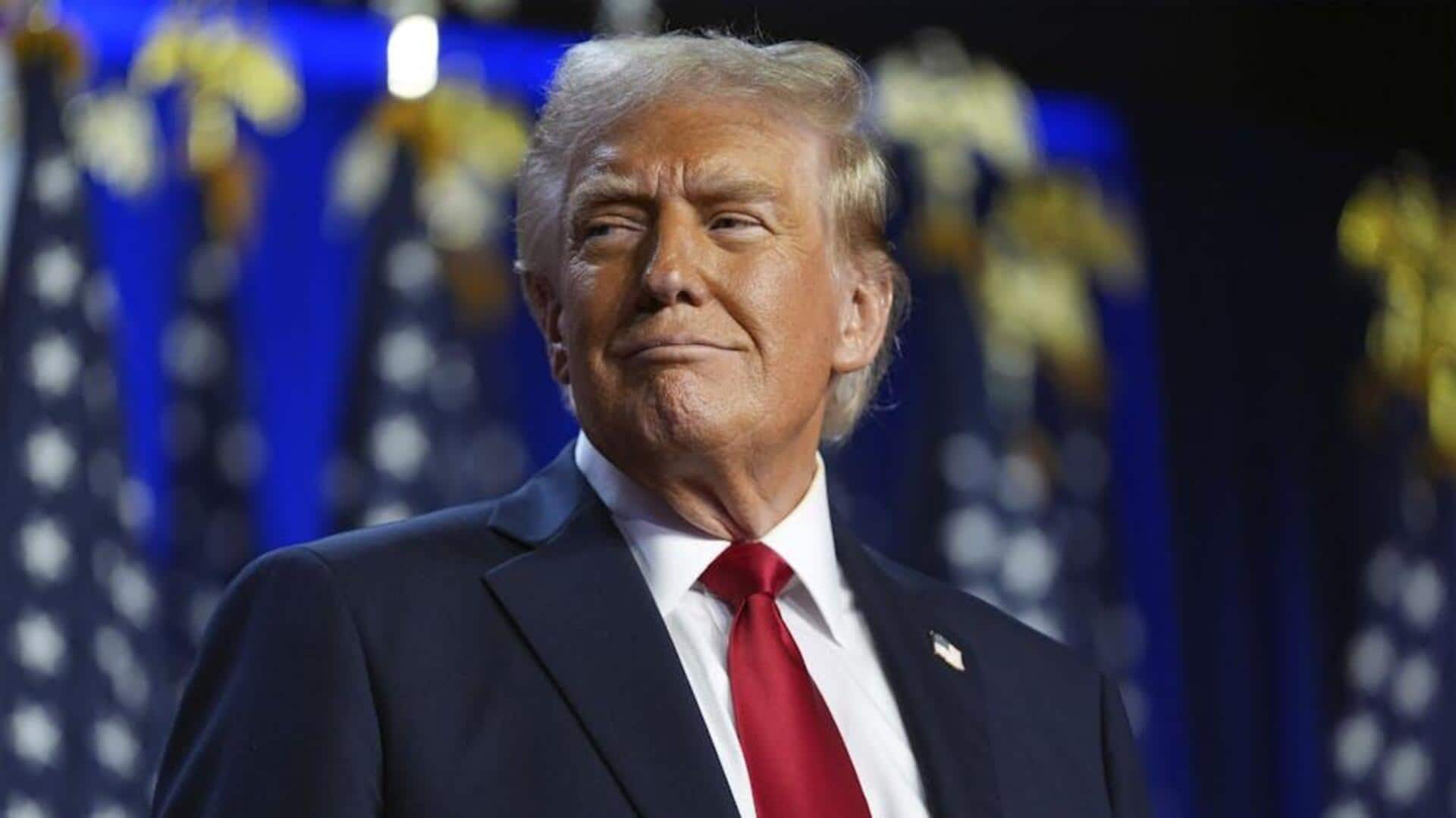
US: Trump overturns Biden's 50% EV sales target by 2030
What's the story
US President Donald Trump has overturned a key policy of his predecessor Joe Biden's administration, aimed at boosting the sales of electric vehicles (EVs) in the US.
The original 2021 executive order aimed for EVs to make up 50% of all new vehicle sales by 2030.
This is part of Trump's broader pledge to end what he termed as Biden's "EV mandate."
Policy shift
Trump halts distribution of unspent EV charging funds
Along with scrapping Biden's EV sales target, Trump has also signed an executive order to stop the distribution of leftover government money from a $5 billion initiative.
The initiative was initially intended to broaden the EV charging infrastructure throughout the US.
The move marks a major policy shift, especially in clean energy and climate change areas where Biden had previously focused his efforts.
Regulatory review
EPA ordered to revisit federal emissions regulations
Trump's order also directs the Environmental Protection Agency (EPA) to review existing federal emissions regulations.
These rules require between 30% and 56% of vehicles sold by 2032 to be electric, in order to meet the federal emissions targets.
The President has hinted at a more lenient approach toward these strict regulations in the future.
Subsidy scrutiny
Trump questions federal subsidies for EVs
The executive order also calls into question the future of federal subsidies for EVs, including a $7,500 tax credit offered to those who purchase EVs.
Trump has argued that these incentives create "market distortions" that unfairly favor EVs over other technologies, and could be perceived as government-imposed mandates on the market.
Waiver repeal
California's waiver to ban petrol-only vehicles targeted
Trump's executive order also targets a waiver given to California by the EPA in December, allowing the state to enforce a ban on the sale of petrol-only vehicles by 2035.
Eleven other states followed suit with similar rules.
Trump's order calls for repealing this waiver. He argued that state emissions waivers limiting the sale of petrol-powered vehicles should be terminated "where appropriate."